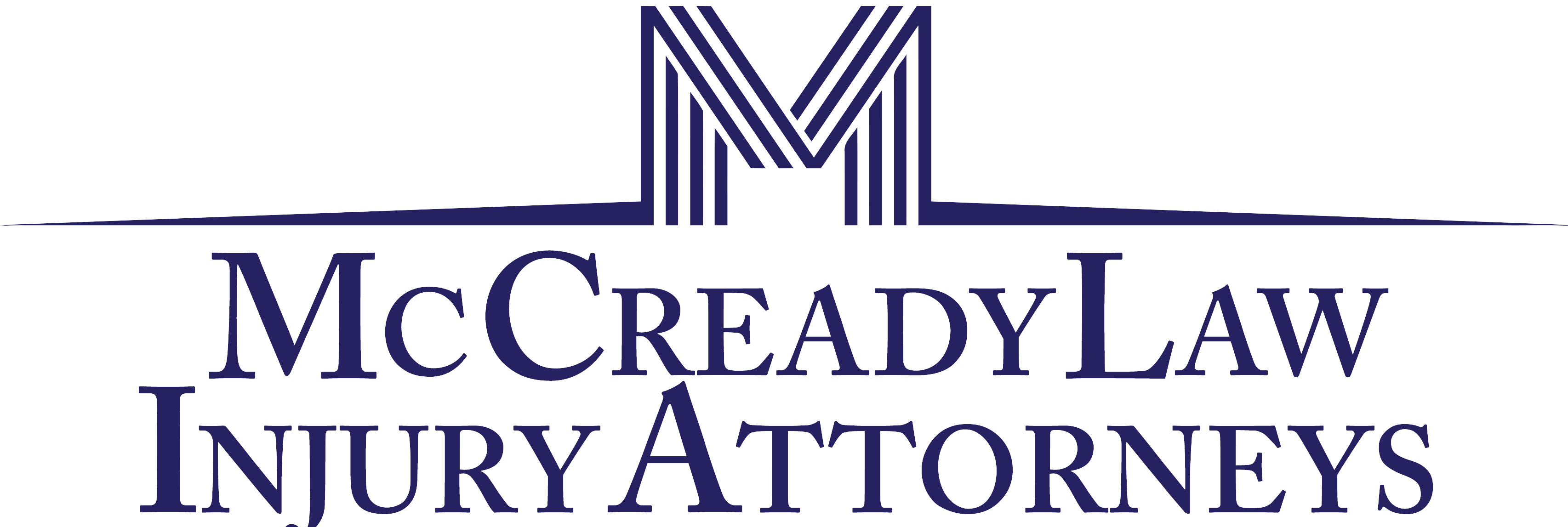
Most people understand the need for having insurance. However, few people understand what limits they should have for their insurance policies. This article will address what limits you should have for your homeowner’s insurance policy.
Why insurance limits are important
Insurance limits are the most the insurance company has to pay in the event of a claim. Limits do not come into play if you have a minor fender bender. Limits do not come into play if you have storm damage to your house. Limits do come into play if you cause a serious car accident or your house burns down. Are you fully covered in the event of a catastrophic event?
What homeowner’s insurance covers
Typically, homeowner’s insurance covers many different things. First, it covers the structure itself. Be sure that the amount of coverage reflects the value of your home. If you purchased your home many years ago, it is likely worth more than you paid for it. Be sure the limits of your insurance which cover the structure increase automatically with time. Typically, homeowner’s insurance also covers your personal belongings. Examine what your limits are to cover your personal belongings. If your home burnt down and you lost everything inside, would your limits be enough to replace all your belongings? Homeowner’s insurance may also put a limit on certain items. For example, it may limit recovery of jewelry to a certain amount. You will need to increase the limit or purchase a separate rider if your jewelry is worth more than this limit. Finally, homeowner’s insurance provides for personal liability protection. This covers you if someone is injured on your property. These limits should be at least $100,000 and preferably higher.
Renter’s insurance and condo insurance
If you rent an apartment or own a condo or townhome, you also need insurance. With an apartment, the landlord will have insurance which covers the building itself. But, you should have renter’s insurance which covers your personal belongings as well as provides personal liability protection. Condos and townhomes are similar. Typically, the insurance for the condo association covers damage to the building. But, you will need insurance to cover your personal belongings and personal liability.
What is an umbrella policy?
An umbrella policy provides additional insurance coverage above your limits of liability in your insurance policy. It does not come into play unless a claim exhausts your limits of liability. This would mean a serious injury claim against you. If you had personal liability insurance limits of $100,000, it would mean the damages would have to exceed $100,000 before the umbrella policy applied. Odds are that at some time in your life, you have a claim made against you. If that claim is very serious, an umbrella policy will be beneficial. Umbrella policies typically provide up to $1 million in additional coverage. What’s more is that the umbrella policy applies to all your insurance policies, such as your car policies, motorcycle policies, boat policies, RV policies, etc.. An umbrella policy is relatively inexpensive, usually a few hundred dollars per year.
Unfortunately, many of our clients realize they have insufficient insurance after they need to make a claim. We always try to educate our clients regarding what insurance limits they should purchase. Many insurance agents do not adequately advise their customers on the insurance products they sell. It is important to know exactly what insurance limits you have in your homewonwer’s insurance policy. If you have questions about your policy, feel free to e-mail us. McCready Law deal with insurance claims every day when we represent injured clients.

